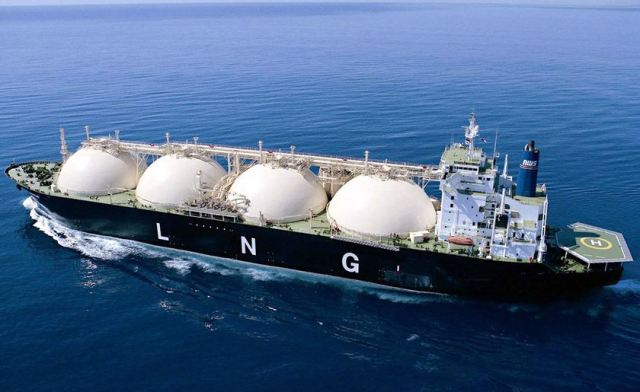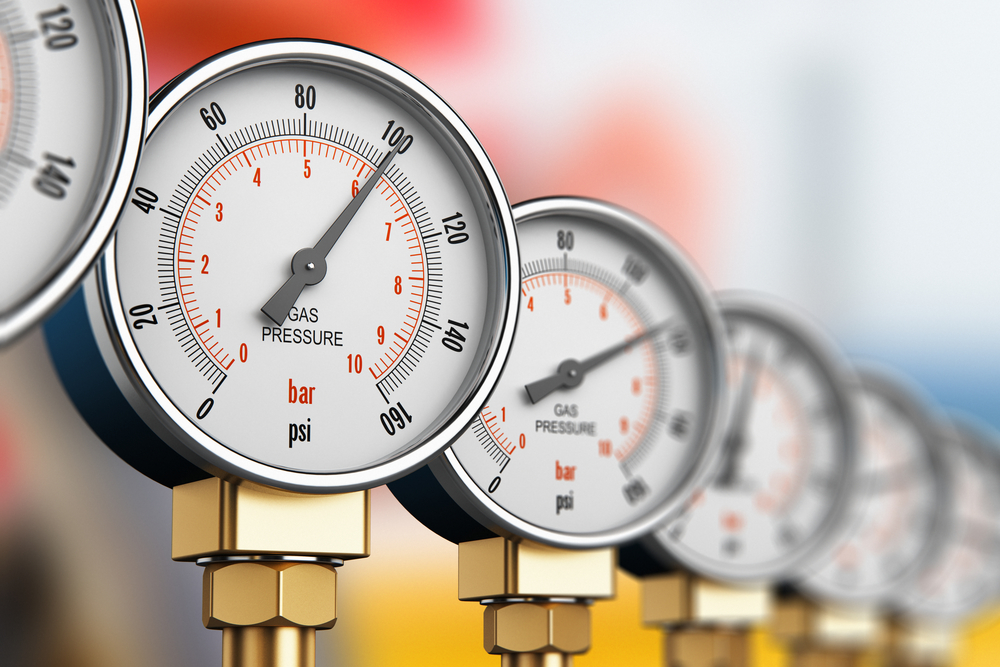Budapest LNG Summit 2023: The Future of Gas

Industry leaders and policymakers convened in Budapest for the fourth time on April 3 to discuss the European gas and LNG landscape ahead of what many predict will be a challenging supply-strained winter season.
The fourth Budapest LNG Summit, organized by White Paper Consulting, had as its patron Hungary’s Minister for Foreign Affairs and Trade, Péter Szijjártó. The event saw industry leaders and policymakers discuss Europe’s current and future gas and LNG markets.
In his opening address, Szijjártó warned: “Last year, it became obvious that the security of the European energy system was an illusion.” He highlighted a 50 billion cubic meter (bcm) shortage looming for the 2023-24 winter heating season.
He stressed that Hungary supports efforts to diversify and find new sources of gas, but not at the expense of existing relationships. Szijjártó also noted the need for EU funding.
“In order to diversify, the support of the EU will be needed as well to develop the infrastructure accordingly,” he told the audience.
Gergely Szabó, regional chairman of MET Central Europe, highlighted the importance of LNG in the energy mix, stating, “LNG equals independence.” Imran Mohammed, a gas transportation and storage analyst from the Gas Exporting Countries Forum, anticipated a rebound in global gas consumption in 2023, accompanied by an increase in global gas production and trade.
László Fritsch, CEO of MVM CEEnergy, echoed these sentiments, foreseeing LNG as a crucial player in the market for the next 10-15 years, saying, “LNG is the star and will be the star for the upcoming years.”

Critical Infrastructure
Meanwhile, Teodora Georgieva, executive officer and board member at Interconnector Greece Bulgaria (ICGB), praised the construction of the ICGB pipeline as a critical infrastructure project for energy security and independence, informing that “by 2024, transmission capacity will increase to up to five bcm per year.”
Andrzej Kensbok, vice president of GAZ-System, provided insights into Poland’s recent LNG capacity developments. He said that Baltic Pipe (a natural gas pipeline between Europipe II, which traverses the North Sea between Norway and Germany and Poland) “has proven to be not only successful from day one of the operation but also instrumental in supplying gas throughout last winter.”
Ion Sterian, director general of Transgaz, discussed Romania’s current and planned gas interconnectors, mentioning that his organization is “finalizing negotiations” with Serbia. He added, “At the end of 2021, we finalized construction to be able to receive gas from the Turkish corridor, which has six terminals.”
Gábor Szokodi, director of trading and business development at FGSZ, emphasized the importance of investing in future gas projects, saying that “the focus should be on investments in the security of supply.”
Hungarian Deputy State Secretary for Energy Security, Dóra Zombori, expressed the government’s perspective on the country’s security supply, stating, “Our goal is to get gas from all directions,” while also highlighting the race for infrastructure development.
Despite the concerns about the upcoming heating season, Franck Neel, member of the Executive Board at Romanian integrated oil company OMV Petrom S.A., controlled by Austria’s OMV, expressed optimism about new measures in energy efficiency.
“I think we need to be worried about demand and supply, but the new measures in areas such as energy efficiency are certainly positive signs going forward.”
LNG Gas Storage
Olga Bielkova, director of government and international affairs at GTSOU, the Ukrainian gas transmitter, highlighted that LNG is “an important addition to Ukraine,” not least for domestic production but also in the area of gas storage for Europe. Ukraine’s Deputy Energy Minister, Mykola Kolisnyk, praised the continent’s actions in recent months to cut consumption while also emphasizing Ukraine’s competitive gas storage facilities.
Esther Ang, head of LNG at MET International, the Swiss-based energy firm with Hungarian roots, highlighted the importance of upstream investments. “Is there going to be enough LNG? Is there enough investment to allow such supplies?” she asked.
She also spoke about the importance of long-term contracts in securing LNG supplies. “If timelines are not meeting each other, it makes it very difficult to secure such a supply, even if there is the willingness on both sides.”
Attila Ságodi, a partner at law firm Dentons Europe Consulting, pointed out the necessity of financing and cooperation in the sector. “We have to make the investments and the decision today to be prepared for tomorrow,” he warned.
Thomas de Boer, vice president of Shell’s Commercial Road Transport (Sectors and Decarbonization), shared insights on the potential of LNG in reducing carbon emissions for the commercial road transport sector.
“Shell customers fueling with LNG already benefit from up to 18% GHG [greenhouse gas] reduction on a well-to-wheel basis, alongside lower particulates, nitrogen oxides, sulfur emissions, and quieter performing engines, compared to conventional diesel.”
The conference concluded with the signing of a memorandum of understanding initiated by Shell Hungary and multiple energy and transport stakeholders to accelerate the energy transition and reduce carbon emissions in the commercial road transport sector. They said the collaborative effort demonstrates the commitment of industry leaders and policymakers in addressing the challenges and opportunities in the European gas and LNG markets as they work towards a more secure and sustainable energy future.
This article was first published in the Budapest Business Journal print issue of April 11, 2023.
SUPPORT THE BUDAPEST BUSINESS JOURNAL
Producing journalism that is worthy of the name is a costly business. For 27 years, the publishers, editors and reporters of the Budapest Business Journal have striven to bring you business news that works, information that you can trust, that is factual, accurate and presented without fear or favor.
Newspaper organizations across the globe have struggled to find a business model that allows them to continue to excel, without compromising their ability to perform. Most recently, some have experimented with the idea of involving their most important stakeholders, their readers.
We would like to offer that same opportunity to our readers. We would like to invite you to help us deliver the quality business journalism you require. Hit our Support the BBJ button and you can choose the how much and how often you send us your contributions.









